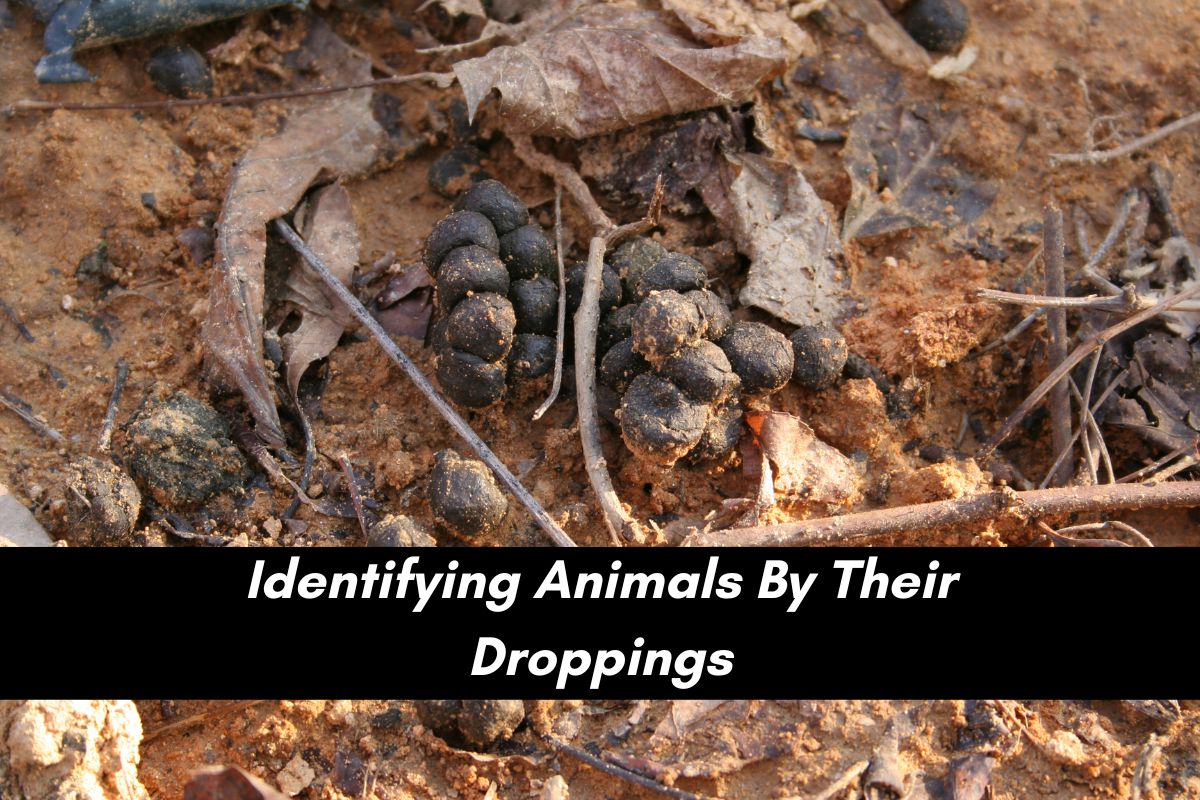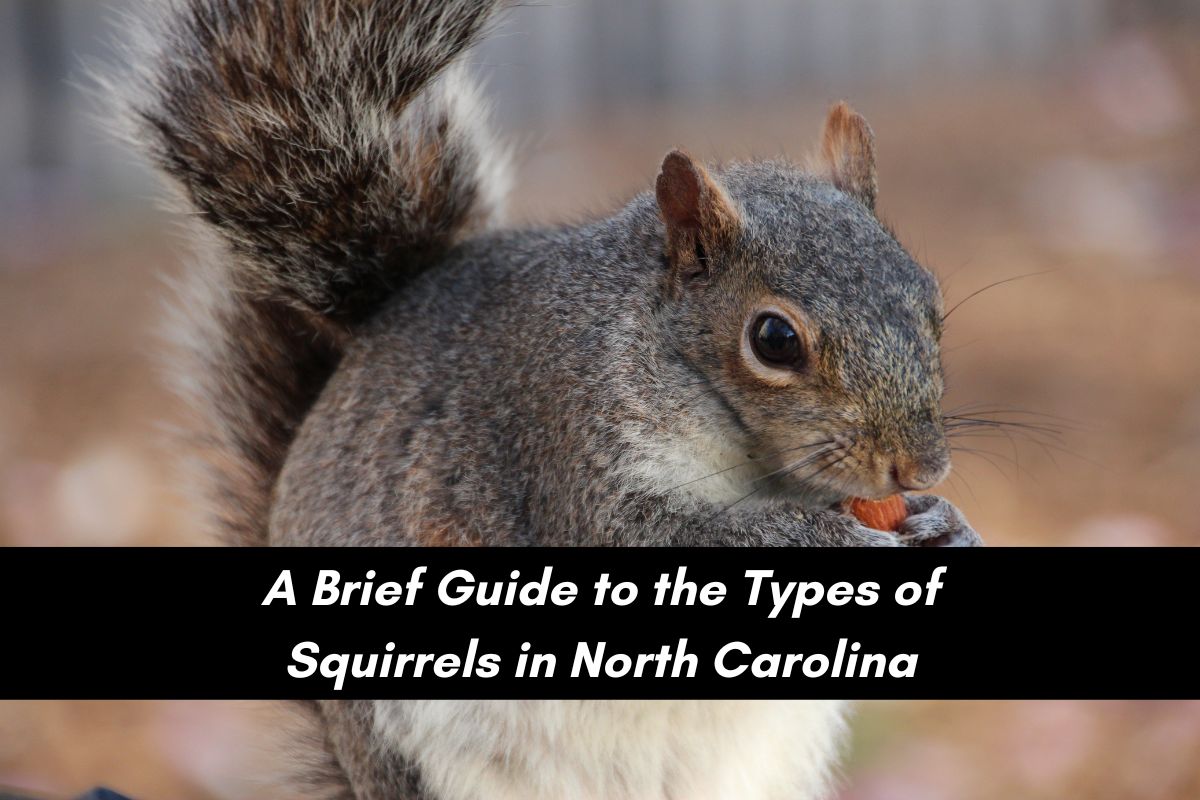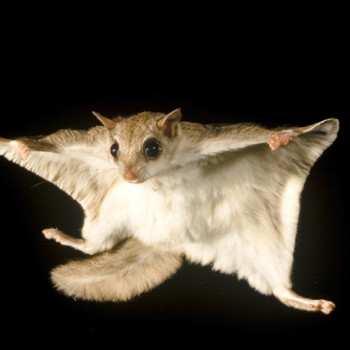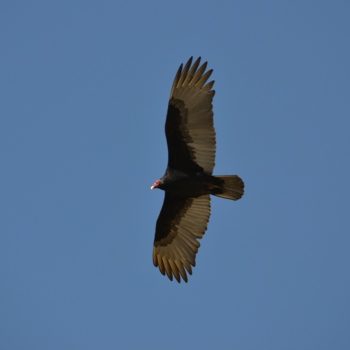
How Warmer Winters Are Changing Animal Behavior
- Posted by AdminBW
- On December 28, 2016
- 0 Comments
Climate change is not the first thing you think about when you see animals acting differently, but it may be having an impact. As temperatures rise, all life on the planet must adjust accordingly in order to make sure they have the best chance for survival. There will often be pictures of a polar bear cub when journalists discuss the impact of climate change on earth’s animals, but what about animals closer to home?
Here in the Raleigh Durham area of North Carolina, we don’t have polar bears (thank God) but we do have plenty of animals that will be just as affected by a change in global average temperatures. An example of animals changing their behavior in this area is you may see skunks, bats, snakes, chipmunks and other hibernating critters entering hibernation later and leaving earlier. If the temperature is warm, they just won’t get the same signals they usually get telling them to head to sleep for the winter. This will mean more of these animals out and about for longer.
When these animals are out for more of the year, they will have longer mating seasons. Longer mating seasons mean a higher population. Wildlife experts worry that if warm winters become the norm, the main food sources for these animals will get tapped out. If animals begin to get desperate they may become more aggressive. Also, with more competition for this limited food, our homes may become more attractive as potential food sources.
Thankfully, it appears that plant and insect life also thrive in warmer years and are providing plenty of food. More insects are not necessarily a good thing for homeowners, though. Bird behavior is also changing. Migratory birds are taking longer to fly south and some years certain birds seem to have decided not to migrate at all. These birds will then lay their eggs much earlier in the year since the winter is already over.
Basically, the world’s climate is changing. It’s hard to know exactly how the local animals will react and each year may be different. In the colder years, animals’ behavior will likely remain just as we’re used to. But warmer years and earlier springs could lead to large increases in animal populations. If you get a sudden abundance of insects, snakes, small mammals or any other pest, Critter Control of the Triangle is ready to assist however we can.











